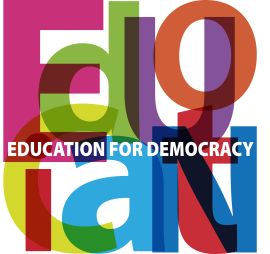Previous Projects
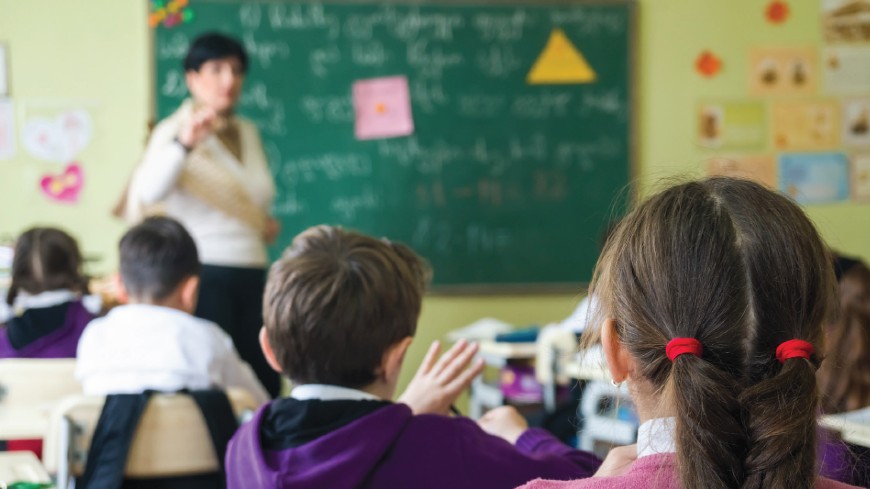
Democracy Starts in Schools – Engaging School Children in Decision Making Processes in Schools and Communities in Georgia (2022-2023)
Implemented by the Council of Europe and funded by the Swiss Agency for Development and Cooperation (SDC), the project "Democracy Starts in Schools" in Georgia (Phase I) aimed to strengthen democracy in Georgia through the increased participation of young people in decision-making processes at the local level through democratic citizenship education and practices in schools.
For more information: project webpage
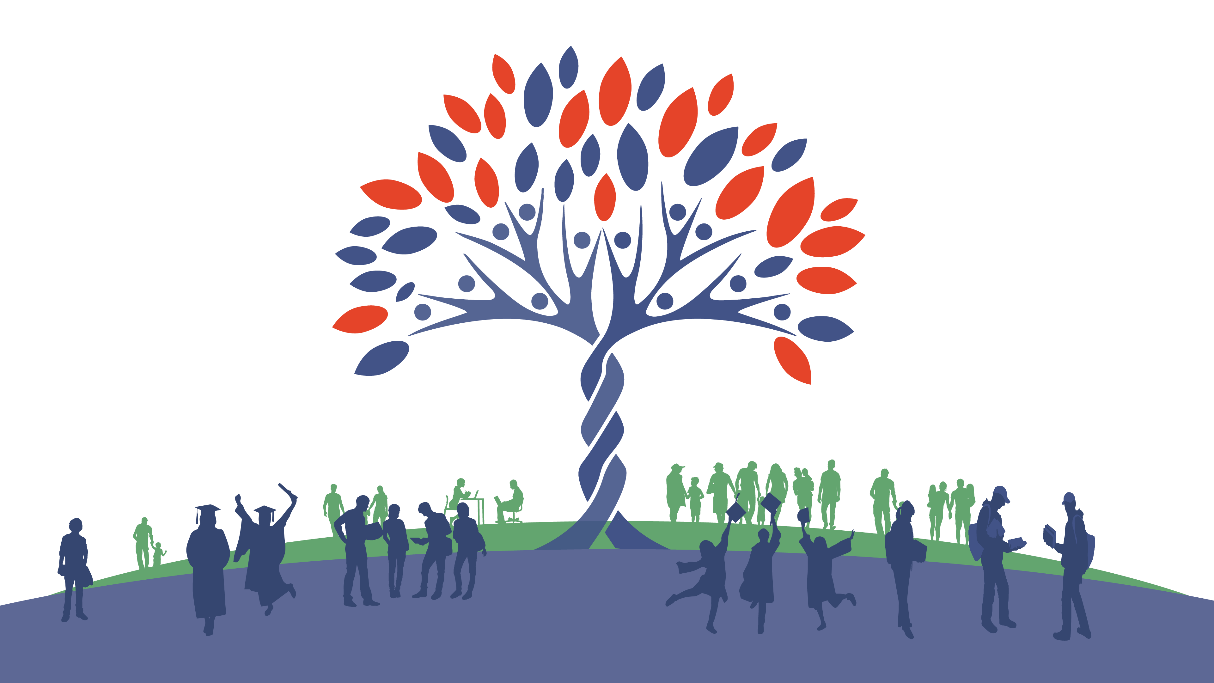
Building capacity for inclusion in education project - INCLUDE (2020-2023)
Funded by the European Union and the Council of Europe and implemented in Kosovo* the project INCLUDE aimed to foster quality education and improve access to education for children from disadvantaged groups including Roma, Ashkali and Egyptian children and children with special education needs.
For more information: project webpage
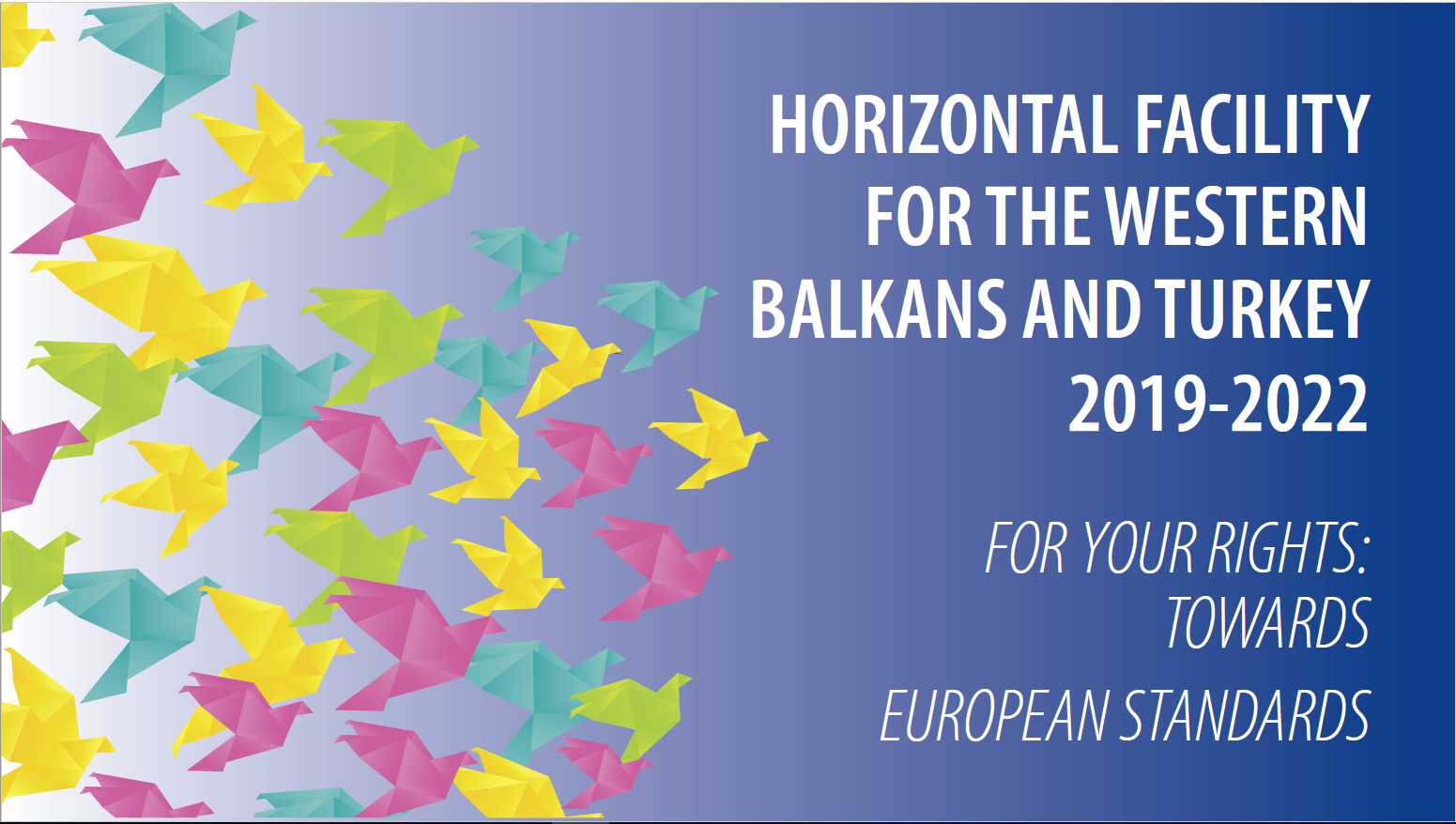
European Union-Council of Europe Horizontal Facility II for the Western Balkans and Turkey (2019-2022)
In the Western Balkans, three projects promoting democratic culture and academic integrity were implemented from 2019 to 2022 within the framework of the EU-CoE Horizontal Facility II for the Western Balkans and Turkey:
- "Quality Education for All" in Bosnia and Herzegovina aimed to foster quality education for all by applying anti-discriminatory approaches based on Council of Europe standards and practices to promote inclusion and address discrimination in the education system.
- "Quality Education for All" in Montenegro aimed to foster quality education in pre-university and higher education by implementing the Council of Europe Reference Framework of Competences for Democratic Culture (RFCDC) and promoting good practices of the Platform for Ethics, Transparency and Integrity in Education (ETINED).
- "Quality Education for All" in Serbia aimed to foster quality education for all in the Serbian formal education system by fighting discrimination in education through the implementation of the Council of Europe Reference Framework of Competences for Democratic Culture (RFCDC).
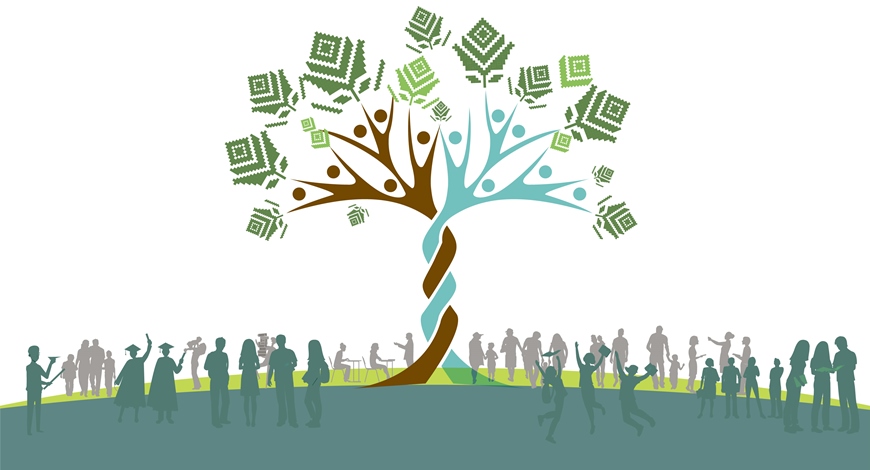
Education for Democracy in the Republic of Moldova (2019-2022)
Funded by the Swiss Agency for Development and Cooperation (SDC), the project helped strengthening the capacity of the Moldovan education system to support the development of the knowledge and competences necessary for someone to become an engaged citizen. The project promoted the integration of the Council of Europe Reference Framework of Competences for Democratic Culture (RFCDC) in school curricula, teacher education, teaching practices and school governance.
For more information:
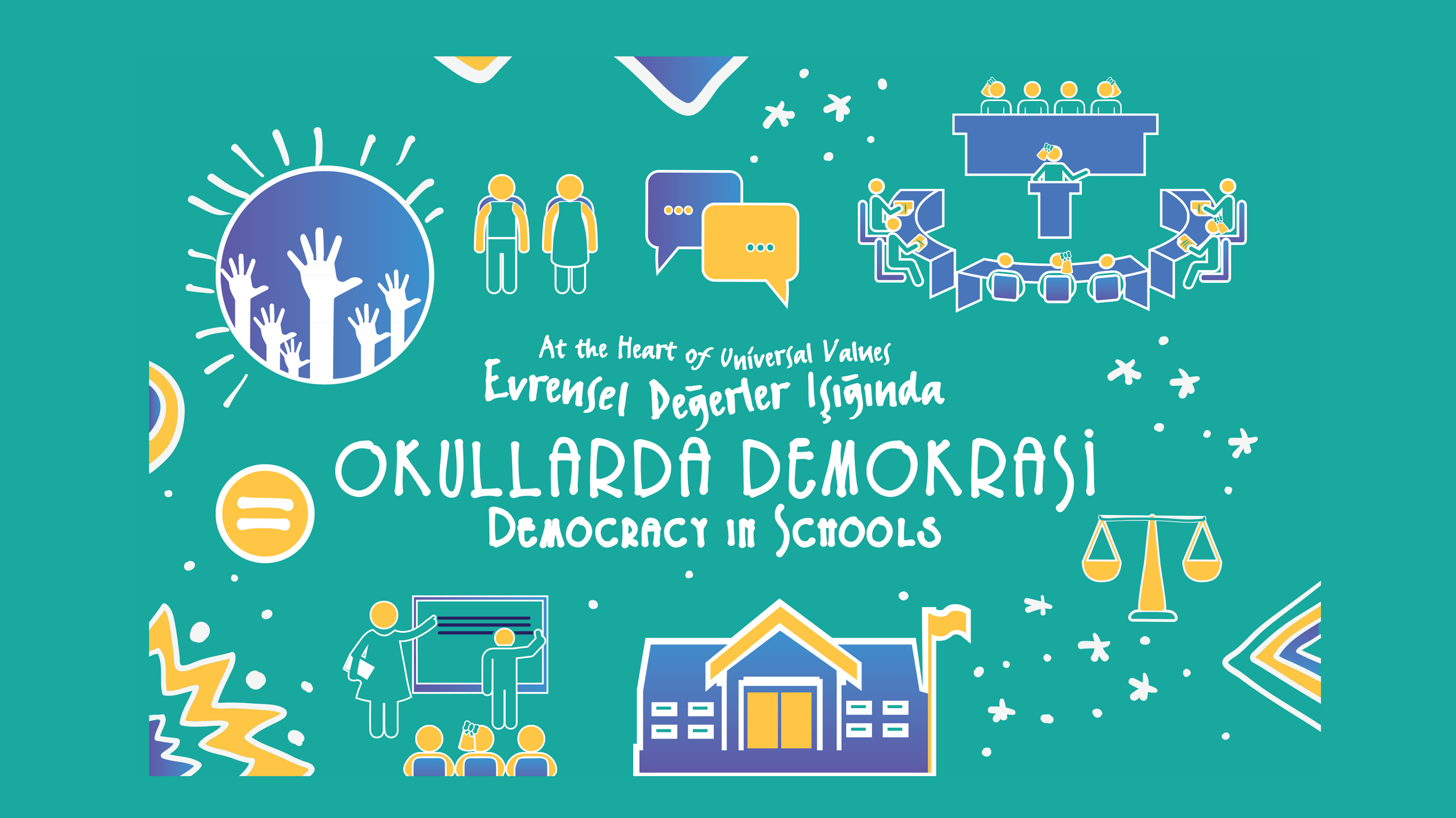
Strengthening Democratic Culture in Basic Education
Objective: to integrate a democratic school culture into the Turkish national education system
Expected Results/outcomes:
- Policy recommendations for the integration of competences for democratic culture are put forward and a strategic action plan will be developed building on these policy recommendations.
- Education materials based on human rights, democracy and universal core values are developed targeting basic education institutions.
- School teachers and education practitioners working in basic education institutions are equipped with competences for democratic culture.
- Basic education institutions, school communities and the general public have an increased awareness and a better understanding of democratic school culture.
Activities:
- Working groups/expert meetings: representatives of the Ministry of Education and consultants will meet to work on a needs analysis, a review of curricula and on the development of training programmes and materials.
- Strategic Planning meetings: decision makers from the Ministry of Education will meet to develop a roadmap for the policy recommendations.
- Focus Groups meetings: members of the Ministry of Education will meet stakeholders and target groups of the project to discuss key issues.
- Domestic study visits: students from pilot cities will have the opportunity to visit Ankara to share experiences and good practices and to establish partnerships and networks with each other.
- Training of trainers: a pool of trainers for specific target groups will be created to support the sustainability of the results of the project.
- Regional Workshops and Conferences: events to raise awareness and share lessons learned and results of the project will be organised.
For more information:
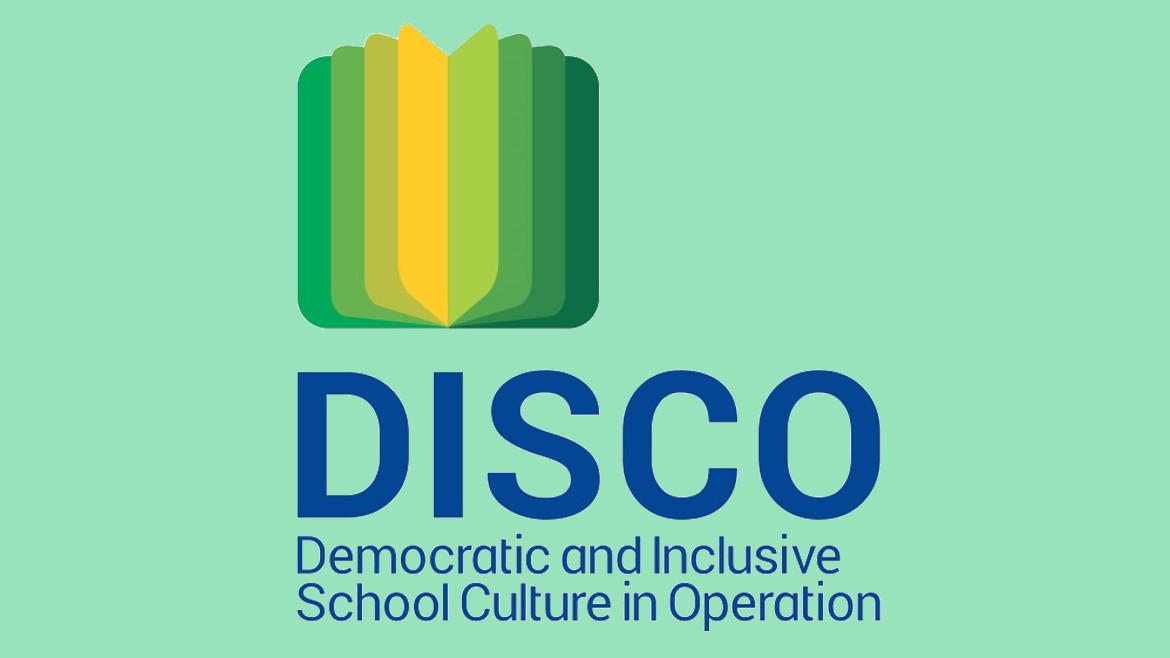
DISCO - Democratic and Inclusive School Culture in Operation (2013-2021)
Joint Programme funded by the Council of Europe and the European Union and implemented by the Council of Europe
The European Union/Council of Europe Joint Programme “Democratic and Inclusive School Culture in Operation (DISCO)” funded projects promoting education for democratic citizenship and human rights education (EDC/HRE). The Joint Programme started as a pilot project scheme in 2013 under the name “Human Rights and Democracy in Action".
Countries: 50 countries party to the Council of Europe Cultural Convention were eligible to apply.
Objective: To contribute to the sustainable development and promotion of citizenship and human rights education based on Council of Europe and European Union standards and strategies in this field
Outcomes:
- Education actors’ efforts to promote citizenship and human rights education, including for marginalized groups, are supported
- Democratic competences are strengthened
- Means for preventing violence, radicalisation and racism in schools are enhanced
- Ways to deal with controversial subjects in classrooms are identified and put into practice
Activities:
- Peer-to-peer learning among 3-6 interested countries on a topic chosen by the countries
- Publication and dissemination of results
- Awareness-raising activities
Democratic and Inclusive School Culture in Operation (DISCO)
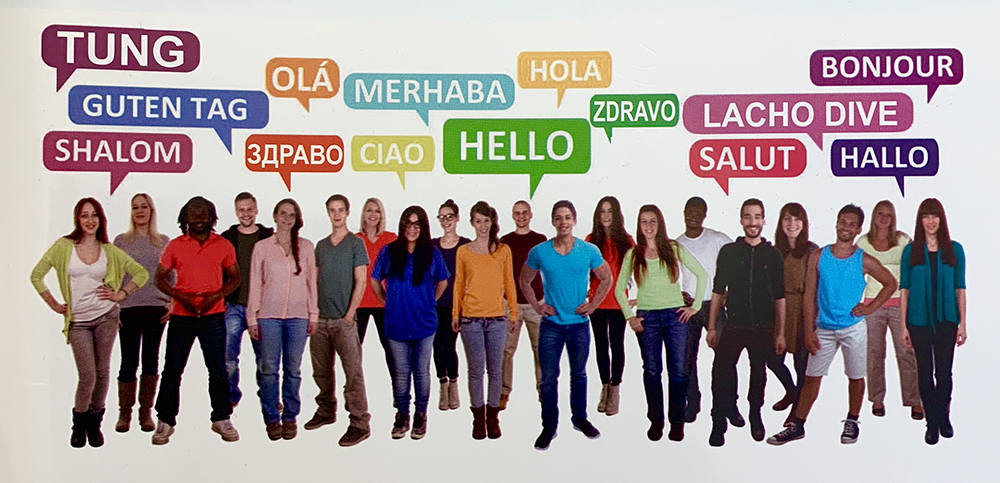
Fostering rapprochement through education for democracy and language learning (FRED)
Implemented by the Council of Europe and co-funded by Norway and the Council of Europe
Beneficiaries: Kosovo*
Objective: to promote a positive image of local and regional plurilingualism and pluriculturalism as a social, cultural and economic asset, access to language learning and education for democratic citizenship as contributions to the rapprochement between communities.
Outcomes:
- Participating schools and communities understand the multidimensional benefits of multilingualism for a constructive and peaceful way living together in the country and the region.
- The project activities are proposed to be integrated in the out-of-school and curriculum activities throughout schools so that the offer of language awareness training and increased opportunities for language learning is continued within the participating schools and motivates other schools and communities to launch similar processes.
- The recommendations of the evaluation report and of the public debates are brought to the attention of the relevant public authorities.
Outputs:
- A baseline study on the linguistic and cultural representations of young people (attitudes towards languages, language learning and speakers of other languages), the identification of major obstacles to the promotion of plurilingualism and language teaching and learning at central, municipal and community level, as well as the knowledge about, skills for and attitudes to democratic culture of young people and the level of their civic engagement.
- Different formats of capacity building for school teams (face-to-face, online, individual and communal).
- A range of school-based projects on language awareness, opportunities for language learning and multilingualism as an asset.
- A set of recommendations based on the analysis of the project outcomes and lessons learnt in a series of public debates International exchange and peer-learning with education professionals from other multilingual and multicultural regions in Europe.
- An evaluation study identifying the changes in the linguistic and cultural representations, desire for language learning and democratic engagement through the participation in the project.
Fostering rapprochement through education for democracy and language learning (FRED)
* All references to Kosovo, whether to the territory, institutions or population, shall be understood in full compliance with United Nations Security Council Resolution 1244 and without prejudice to the status of Kosovo.

Joint EU/CoE Horizontal Facility for the Western Balkans and Turkey (2016-2019)
Projects: Seven projects on fighting bullying, extremism and discrimination by fostering a democratic school culture and combatting corruption in education.
Beneficiaries: Albania, Montenegro, Serbia and Kosovo*.
Objectives: Promote a democratic culture in schools, support vulnerable groups and raise awareness of ethical standards and corruption.
Outcomes:
- Democracy is enhanced in schools and their communities, less violence and bullying and vulnerable groups are better integrated
- Educational staff, professors and students are more aware of ethical standards and corruption and know what measures are available if and when it occurs
Activities:
- Development of policies and guidelines
- Pilot schools and seminars in schools;
- Trainings for teachers and civil society;
- Awareness-raising events, including public debates
Horizontal Facility for the Western Balkans and Turkey (2016-2019)
*This designation is without prejudice to positions on status, and is in line with UNSCR 1244 and the ICJ Opinion on the Kosovo Declaration of Independence.
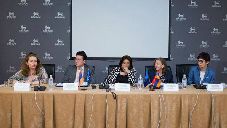
Strengthening Integrity and Combatting Corruption in Higher Education in Armenia
EU/CoE Eastern Partnership Cooperation Framework 2015-2020
Objective: to support further development and effective implementation of legislative and institutional frameworks for ensuring integrity and combatting corruption in higher education in Armenia.
Outcomes:
- Education professionals and students have improved knowledge in strengthening integrity and combatting corruption in HE through training modules;
- Contribution to the effective implementation of the Anti-Corruption Strategy of the Government of Armenia
Activities:
- Risk assessment of higher education system in Armenia;
- Round tables on legislation, policy and practice of fight against corruption;
- Expert recommendations;
- Awareness-raising events
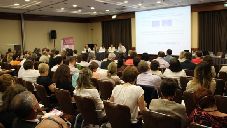
Promoting Human Rights and Democratic Citizenship Education in 6 Eastern partnership countries
EU/CoE Eastern Partnership Cooperation Framework 2015-2020
Countries: Armenia, Azerbaijan, Belarus, Georgia, Moldova, Ukraine.
Objective: to support integration and further development of EDC/HRE in national education systems, in accordance with Council of Europe Charter on EDC/HRE.
Outcomes:
- School curriculum in 6 countries is improved and comprises the principles of the Charter on EDC/HRE;
- Educational professionals, youth leaders and workers are capacitated to deliver EDC/HRE;
Activities:
- Awareness-raising events;
- EDC/HRE piloting seminars in schools;
- Trainings for teachers and civil society;
- Translation of CoE manuals
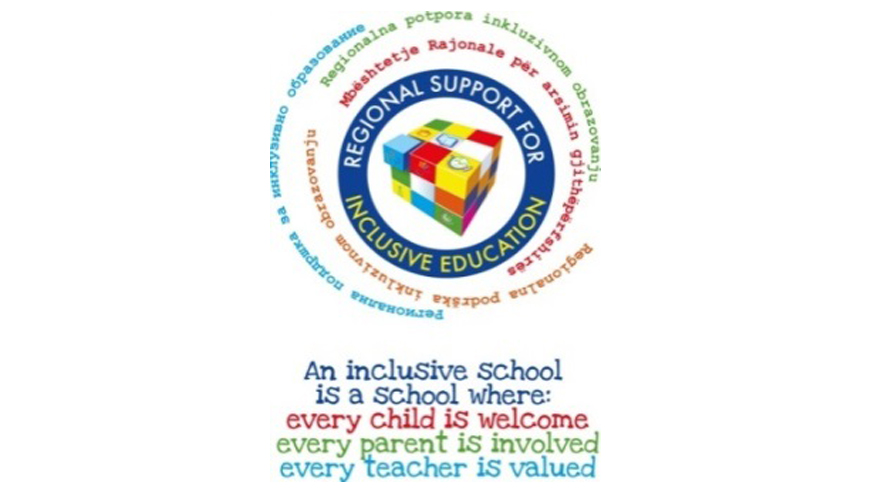
Regional Support for Inclusive Education in South East Europe (2013-2015)
Joint European Union/Council of Europe Project
Beneficiaries: Albania, Bosnia and Herzegovina, Croatia, Montenegro, Serbia, “the former Yugoslav Republic of Macedonia” and Kosovo*
Objective: to improve social inclusion and cohesion in the region by promoting inclusive education and training.
Outcomes:
- Regional support mechanisms have been set up and resources for pilot inclusive schools have been developed.
- General public and key decision makers have been informed on the benefits of inclusive education.
- The capacities of policymakers for designing and implementing inclusive education policies have been enhanced.
- Teachers’ competences and practices for inclusive education have been improved.
- A significant progress has been made towards removing barriers for vulnerable groups.
Activities:
- A regional network of inclusive schools “Inclusive School Net” was established to share experiences and lessons learned.
- A regional network of relevant stakeholders “Inclusive Policy Net” was established with the aim at fostering policy dialogue and policy learning.
- Several awareness raising events were organised and a documentary was produced on the project.
- Modules and programmes for teachers’ professional development were developed, namely Teacher Training for Inclusion – Mapping Report and Tool to Upgrade Teacher Education Practices.
*This designation is without prejudice to positions on status and is in line with UNSCR 1244 and the ICJ opinion on the Kosovo Declaration of Independence.
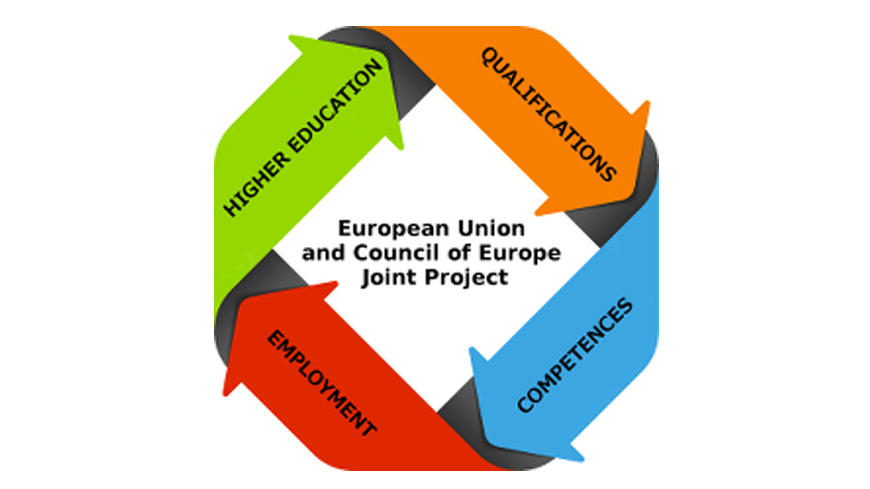
Strategic Development of Higher Education and Qualification Standards in Bosnia and Herzegovina (2013-2014)
European Union/Council of Europe Joint Programme
Objective: to assist Bosnia and Herzegovina in achieving full accession to the European Higher Education Area (EHEA), one of the aspects of its strategic development plan for education 2008-2015
Outcomes:
- Priorities for the development of higher education in Bosnia and Herzegovina were identified based on an analysis of the situation.
- Qualification Standards and occupational standards have been developed in five subject fields (Agriculture, Economy, Engineering, ICT and Teacher Education).
- A Manual for the development and use of Qualification and Occupational Standards in Bosnia and Herzegovina was developed.
- A Training Module for further development and use of Qualification Standards and Occupational Standards in Bosnia and Herzegovina was developed.
Activities:
Several activities were carried out within the framework of the project, for instance:
- Advisory Group meetings
- Workshops on Qualification Standards
- Working Group meetings (Subject-based: Engineering, ICT, Economy, Agriculture and Teacher Education)
- Qualification and Occupational Standards Training Workshops



